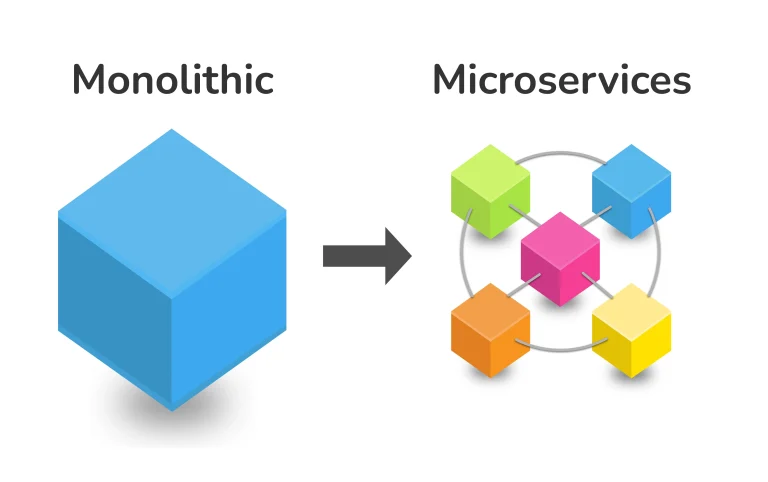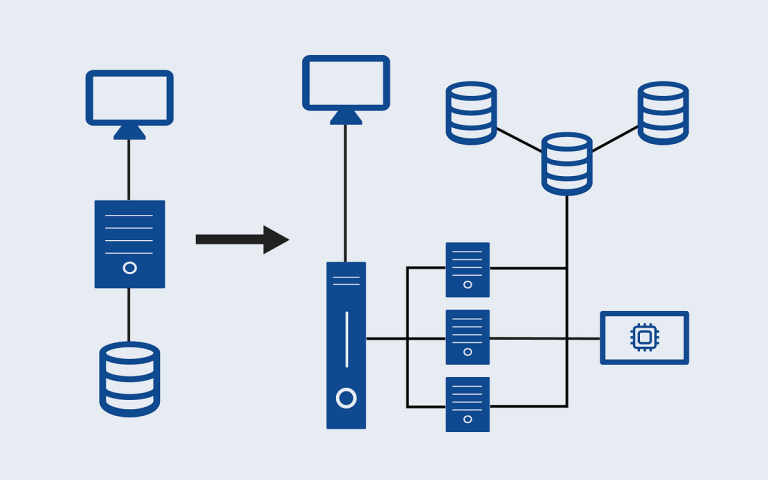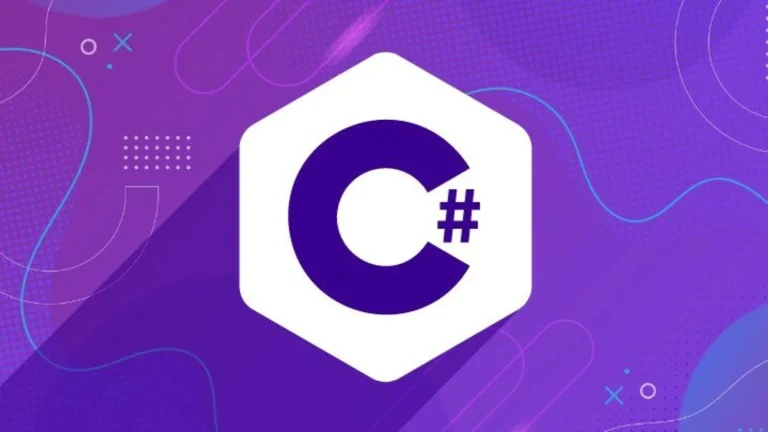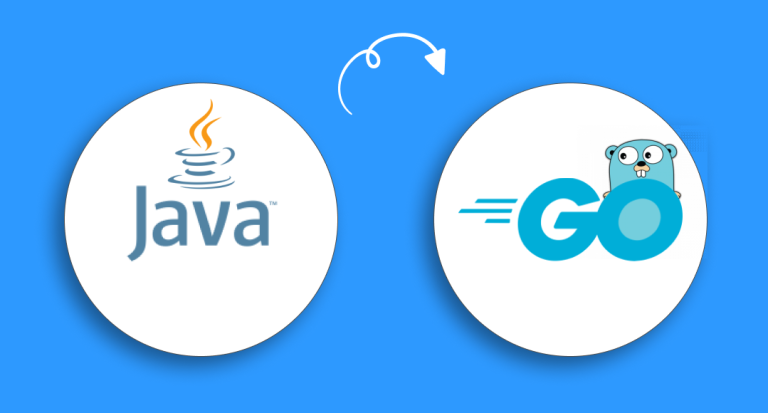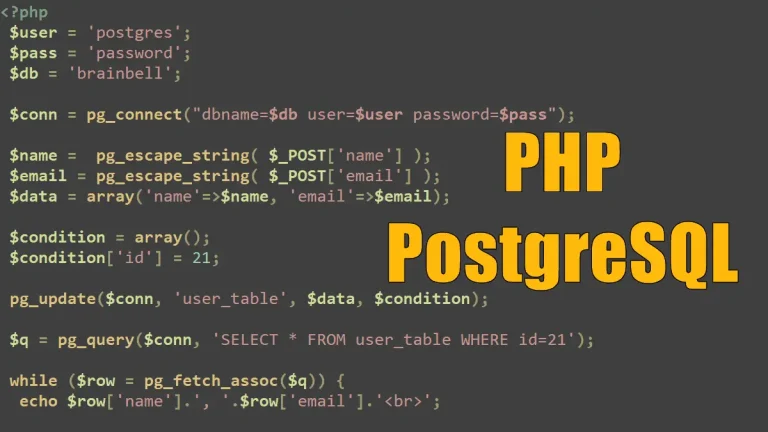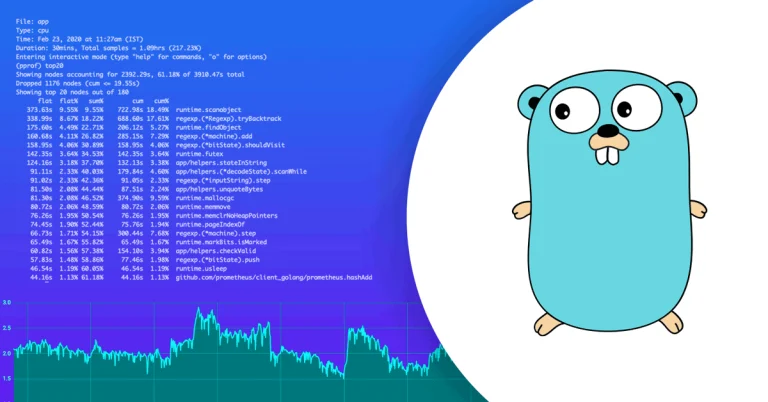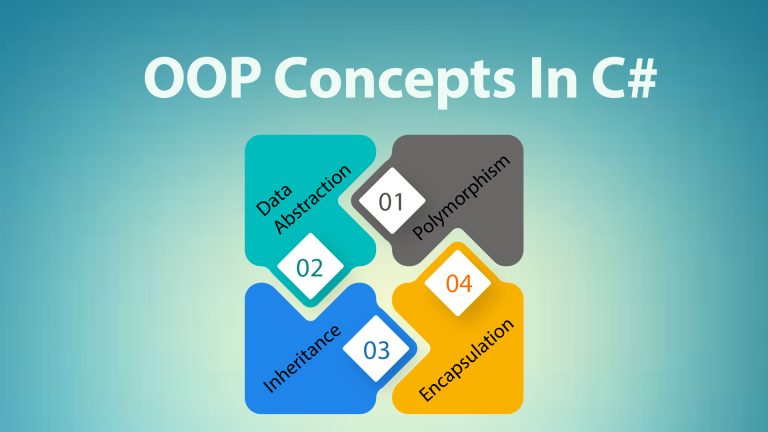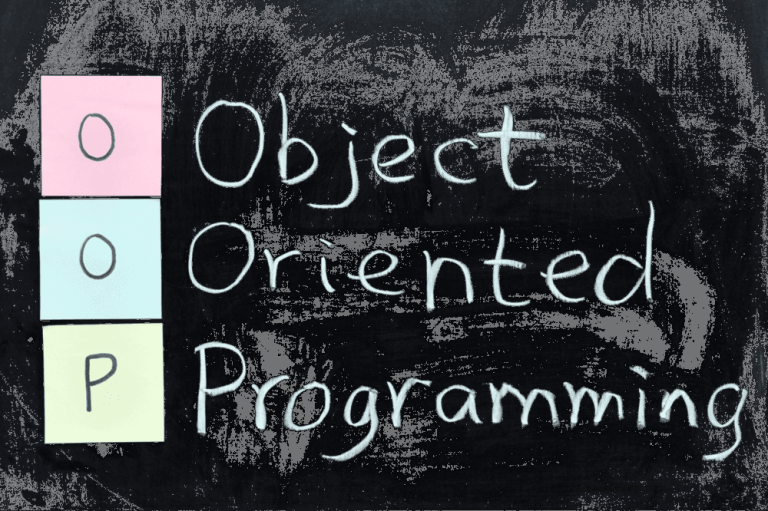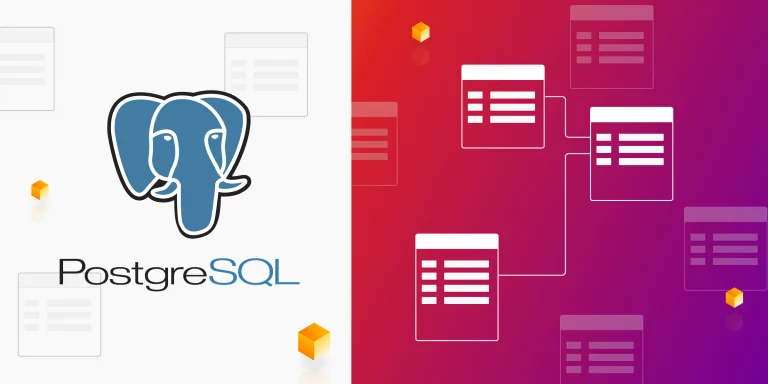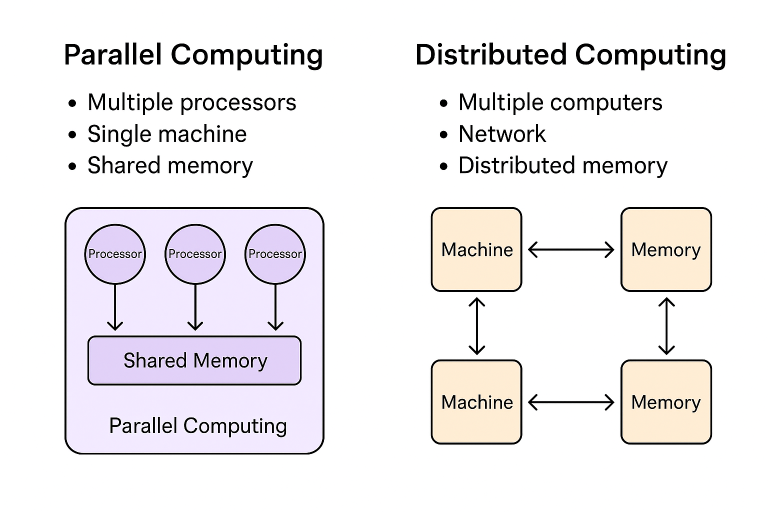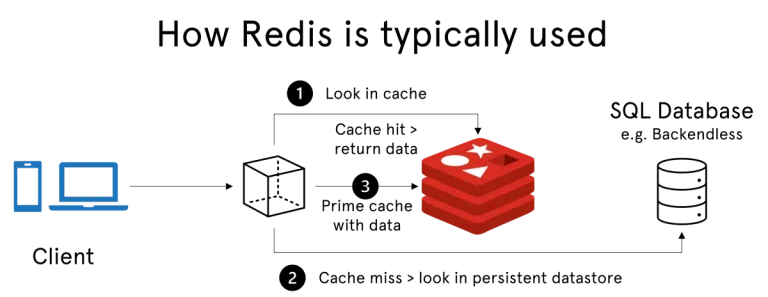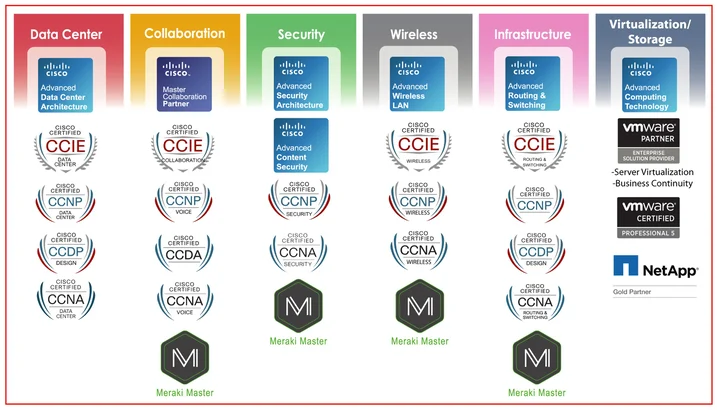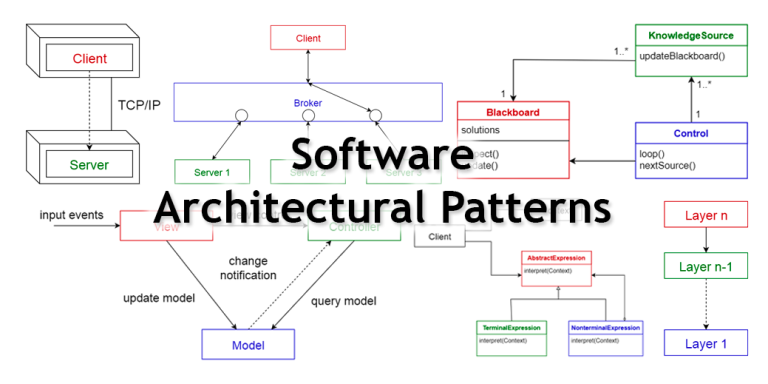PHP, a server-side scripting language, has witnessed a renaissance in recent years, thanks in no small part to the frameworks that have emerged to streamline development processes. These frameworks offer structured solutions, promote best practices, and empower developers to create scalable and maintainable web applications. In 2024, the top 5 PHP frameworks continue to be influential, shaping the landscape of modern web development.
1. Laravel: The Eloquent Choice
Laravel stands out as the leading PHP framework, renowned for its elegant syntax and developer-friendly features. With a robust ecosystem, Laravel simplifies tasks like routing, templating, and database management. The introduction of Laravel Jetstream, a beautifully designed application scaffolding, further enhances development speed. Laravel’s focus on convention over configuration and expressive syntax makes it a top choice for developers seeking a powerful and intuitive framework.
2. Symfony: The Modular Powerhouse
Symfony is recognized for its modularity and flexibility, making it a go-to framework for large-scale projects. Built on reusable components, Symfony empowers developers to pick and choose the components that suit their specific needs. This modularity facilitates code reuse and simplifies maintenance. Symfony’s commitment to best practices and a thriving community ensures a stable and well-documented environment for developers tackling complex web applications.
3. CodeIgniter: Lightweight yet Powerful
CodeIgniter strikes a balance between simplicity and power, offering a lightweight yet feature-rich framework. It is well-suited for developers who prefer a straightforward, lean framework without sacrificing functionality. CodeIgniter’s small footprint makes it an excellent choice for projects where resource efficiency is a priority. With its clear documentation and ease of integration, CodeIgniter remains a steadfast choice for projects of varying sizes.
4. Yii: High Performance, Low Complexity
Yii (Yes, It Is!) lives up to its name by providing a high-performance framework with low complexity. It excels in building applications that demand efficiency and speed. Yii’s robust caching support and integration with tools like Composer make it a preferred choice for projects with performance at the forefront. Its “convention over configuration” approach allows developers to focus on building features rather than spending time on boilerplate code.
5. Phalcon: The C-Extension Marvel
Phalcon differentiates itself by being a C-extension framework, offering exceptional performance and efficiency. Written in C and exposed as a PHP extension, Phalcon minimizes resource usage and maximizes speed. This unique architecture makes Phalcon an attractive option for projects with high-performance requirements. Despite its unconventional approach, Phalcon maintains a dedicated community and provides a full-stack framework for developers seeking optimal speed without compromising on features.
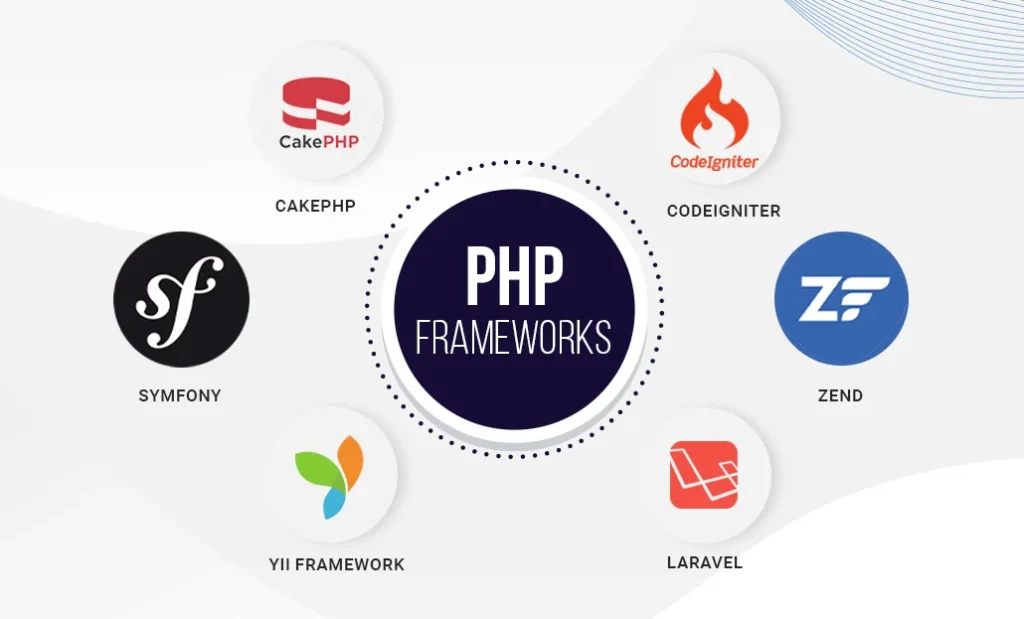
The top 5 PHP frameworks in 2024 each bring something distinctive to the table, catering to the diverse needs of modern web developers. Whether you prioritize elegance, modularity, lightweight simplicity, high performance, or a unique architecture, there’s a PHP framework tailored to meet your requirements. As web development continues to evolve, these frameworks remain essential tools, empowering developers to create sophisticated and efficient applications with confidence.
Simple example for each of the mentioned PHP frameworks: Laravel, Symfony, CodeIgniter, Yii, and Phalcon.
1. Laravel:
// Route definition in Laravel
Route::get('/welcome', function () {
return view('welcome');
});This example demonstrates a basic route in Laravel, where when a user accesses the “/welcome” URL, it triggers a closure that returns a view named ‘welcome’.
2. Symfony:
// Controller action in Symfony
public function helloAction(Request $request)
{
return new Response('Hello, Symfony!');
}Here, we have a simple controller action in Symfony that returns a “Hello, Symfony!” response. Symfony follows the MVC pattern, and this is a snippet from a controller.
3. CodeIgniter:
// Controller method in CodeIgniter
public function hello()
{
$this->load->view('hello_view');
}In CodeIgniter, this code represents a controller method. When the method is called, it loads a view named ‘hello_view’.
4. Yii:
// Controller action in Yii
public function actionHello()
{
return 'Hello, Yii!';
}In Yii, this is a basic controller action. When a user accesses the corresponding URL, it would return the string ‘Hello, Yii!’.
5. Phalcon:
// Phalcon controller action
public function indexAction()
{
echo "Hello, Phalcon!";
}This Phalcon example demonstrates a controller action that echoes “Hello, Phalcon!” when called.
These examples illustrate the simplicity and syntax of each framework when handling basic tasks. In real-world applications, these frameworks offer more complex features and patterns for building scalable and maintainable applications.


